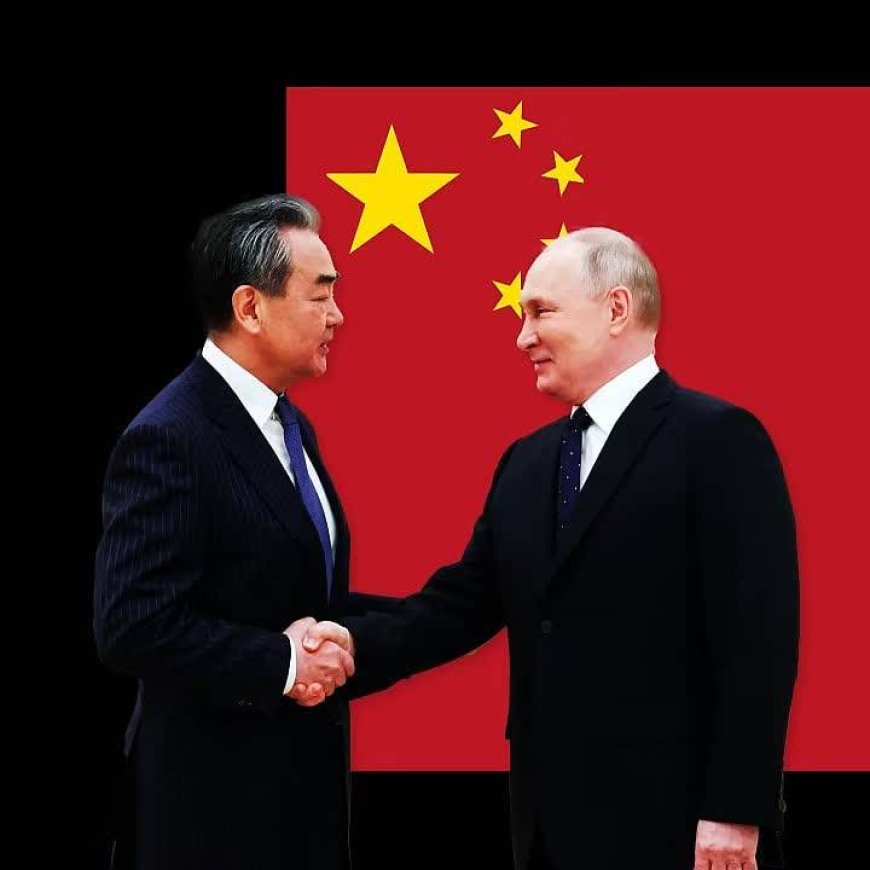Why do the US and the European Union oppose China's peace plan to end the Ukraine conflict?
Over the course of recent months, the Chinese government has made strides towards bolstering its worldwide political sway by assuming a more prominent role in mediating between international actors. That is to say, the Chinese have placed equal importance on playing a political role in international affairs as they have on playing an economic one. Currently, China is focusing on controversial topics on the international stage, particularly the raging conflict in Ukraine. Beijing's covert and overt diplomatic manoeuvres indicate a desire to navigate the political landscape in relation to the conflict in Ukraine. This is particularly evident following the recent announcement by the Chinese Ministry of Foreign Affairs on February 24th, which outlined a 12-point plan aimed at achieving peace in Ukraine. The plan emphasises the importance of de-escalating tensions and prioritising negotiations, calling for the cessation of hostilities and the removal of sanctions against Russia.

This 12-point plan can be summarised as follows: taking into account the interests and legitimate security concerns of all parties; advocating for a departure from the Cold War mentality and the abandonment of military blocs, such as NATO, as a means of boosting regional security; increasing humanitarian aid; recognising the importance of prisoner of war exchange; respecting international laws and rights by all parties; avoiding attacks on civilian installations; respecting the rights of women, children, and prisoners of war; and guaranteeing the export of grains to world markets. Furthermore, the plan calls for the prevention of the spread of nuclear, biological, and chemical weapons and the security of nuclear power plants.
On the other hand, China's proposal to mediate in the Ukraine conflict has been met with scepticism from the West, despite the country's apparent efforts to prove its commitment to ending the ongoing war. US President Joe Biden has recently commented on China's proposed plan to establish peace in Ukraine, stating that he sees no discernible benefits in the proposal, except for those that may be advantageous to Russia.
The European Union's foreign policy chief, Joseph Burrell, has emphasised the bloc's stance on the matter, stating that they firmly believe in the efficacy of President Volodymyr Zelenskiy's peace proposal as the sole sustainable solution. Burrell further dismissed China's efforts in this domain, asserting that the EU does not regard Beijing as a credible party. NATO Secretary General Jens Stoltenberg has also rebuffed China's peace initiative, citing China's so-called lack of credibility due to its failure to condemn Russia's unlawful invasion of Ukraine.
The question that arises is: why are Washington and its western allies displaying such resolute determination to sabotage Beijing's peace and its proposal? The geopolitical landscape is currently witnessing a standoff between the West, led by the United States, and China over the latter's involvement in resolving the conflict in Ukraine. The West's reluctance to support China's efforts is believed to stem from concerns about the country's growing global clout and the possibility of a Russia-China alliance.
This one-year crisis in Ukraine is widely regarded as one of the most pressing and complex challenges facing the international community and is closely watched by political observers around the world. Should China be able to effectively deal with this crisis, it could have far-reaching implications for the global balance of power, with the US becoming the greatest loser.
Amidst the ongoing debate surrounding China's role in addressing the Ukraine crisis, it has become increasingly apparent that the conflict cannot be resolved through military means alone. Diplomacy remains the only viable option for all parties involved. Ultimately, the outcome of these diplomatic efforts may only yield relative results, but it is a necessary step towards achieving a peaceful resolution. With the US and its western allies embroiled in the ongoing conflict, the international community is turning to China to take on the role of mediator and broker a peaceful resolution. The world is watching with bated breath to see if diplomatic efforts will yield positive results.













































